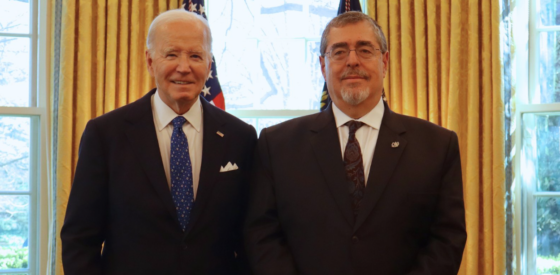
How Important Are Guatemala and the U.S. to Each Other?
A Latin America Advisor Q&A featuring experts’ views on Guatemala’s relationship with the United States.
A Latin America Advisor Q&A featuring experts’ views on Guatemala’s relationship with the United States.
Michael Shifter, expresidente y senior fellow del Diálogo Interamericano, fue entrevistado por NTN24 sobre la Cumbre de las Américas y la política de la Administración Biden con respeto a la cumbre y a América Latina en general.
It’s time for President Biden to release a plan of action that will help solve the problems of the region and return the U.S. to the position of a respected and trusted partner throughout the Americas.
The United States must embrace a policy of persistent high-level engagement. “I understand that Latin America cannot be our top priority, but it needs to be on the list.”
A Latin America Advisor Q&A featuring experts’ viewpoints on the upcoming Summit of the Americas in Los Angeles.
Michael Shifter, president of the Inter-American Dialogue, was interviewed by The Washington Diplomat on the current state of Latin American. The conversation examined the continuing migration on the US border with Mexico, the widespread regional discontent during the Covid-19 pandemic, and the lack of integration among Latin American countries as they continue fighting the effects of the pandemic.
Michael Shifter, presidente del Diálogo Interamericano, examinó la situación en Cuba y Haití en una entrevista con El Washington Post Podcast, explorando la importancia de una respuesta adecuada de la administración de Biden hacia la inestabilidad política que aflige a ambos países caribeños.
Noah Bierman, from the Los Angeles Times, travelled with Vice President Harris to the region and interviewed Rebecca Bill Chavez, non-resident senior fellow at the Inter-American Dialogue, to assess the trip and the bigger questions it raises about the Biden administration’s strategy for reducing migration.
On March 9, 2021, the Inter-American Dialogue hosted the online event “What Will It Take to Salvage Cuba’s Economy?”. The panel explored what effect the Cuban’s government 2021 economic reforms will have on the economy, the private sector, and Cuban foreign relations.
The world is in a transition to net-zero greenhouse gas emissions by 2050 that will change the way we use and produce energy and shape the sustainability of our planet. This paper, published by UC San Diego, addresses how Mexico and the United States can use their energy resources to deliver jobs, economic prosperity, and social justice at this transformational juncture in history, examining three areas fundamental to the US-Mexico energy relationship: sustainability; hydrocarbons; and gas, power, and renewables.
On February 17, 2021, the Inter-American Dialogue hosted the online event “Biden’s Central America Plan – Perspectives from the Region” in partnership with Creative Associates International. Taking into account the Biden administration’s plan for Central America, speakers addressed the region’s doubts, needs and aspirations with respect to US partnerships toward short-term and long-term development in the region.
As the Biden administration begins to undo Donald Trump’s legacy in Latin America, many in the region appear guardedly optimistic about the prospects for more constructive relations with their northern neighbor.
Michael Shifter, presidente de Diálogo Interamericano, conversó con La Nación de Costa Rica sobre la llegada de Joe Biden a La Casa Blanca y sus implicaciones para América Latina. También se conversó acerca de la política migratoria del nuevo gobierno de Estados Unidos, la situación en Venezuela y el manejo de la crisis del Covid-19 en la región.
President Joe Biden didn’t waste any time using his office and authority to set out an ambitious agenda and send a clear message to the American people and the world: under his administration, the US would adopt a very different tone and style – and pursue a notably different policy course – than Donald Trump.
En medio de la incertidumbre que supone la llegada de Joe Biden a la presidencia de Estados Unidos, Red+ Noticias habló con Michael Shifter, el presidente del Diálogo Interamericano, sobre lo que será la relación de Estados Unidos con América Latina. Se conversó también sobre el cambio que la llegada de Joe Biden a la Casa Blanca supone para la política exterior de Estados Unidos hacia Venezuela, Colombia y China.
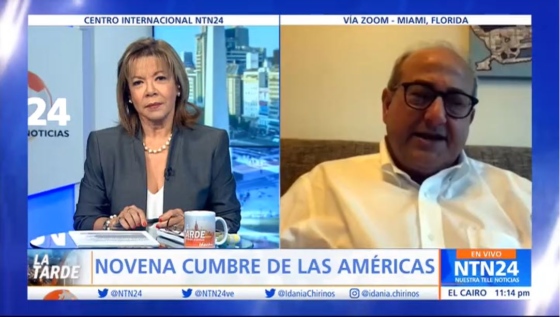
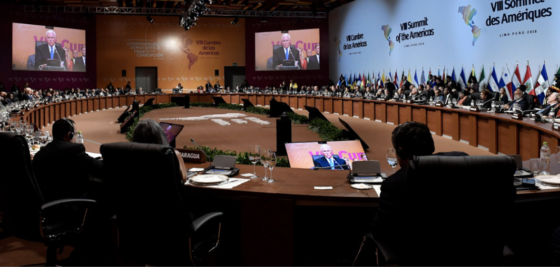
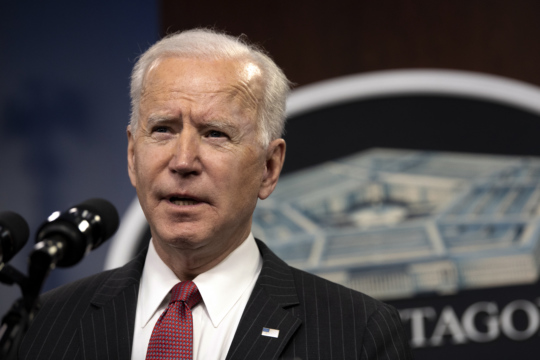
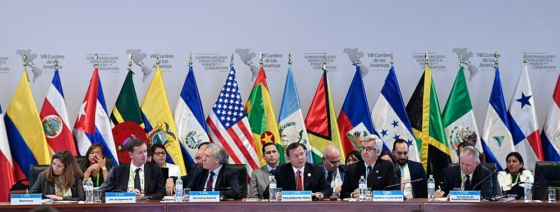

 Video
Video
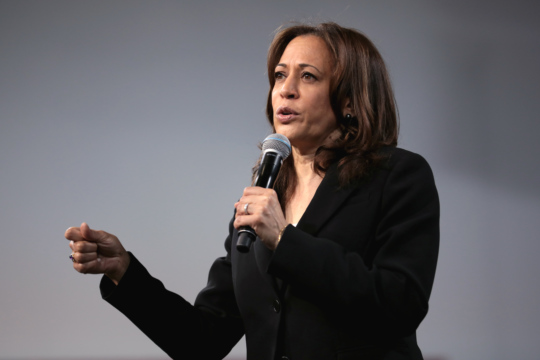
 Video
Video
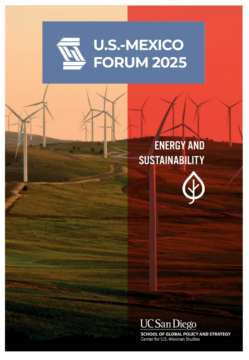
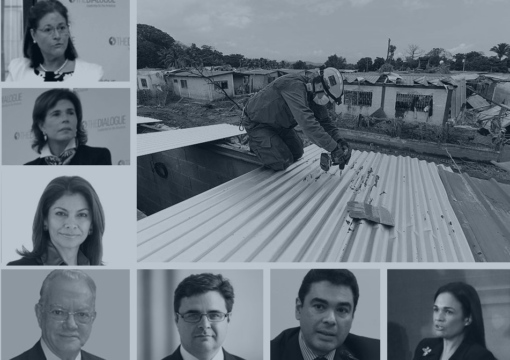 Video
Video
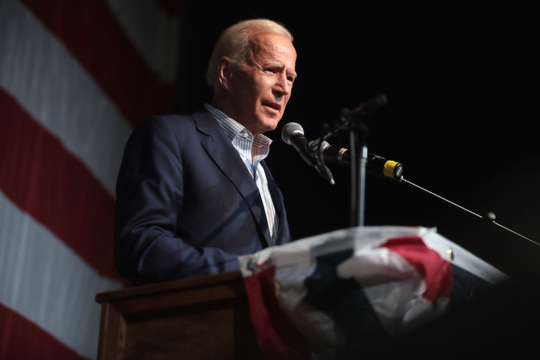
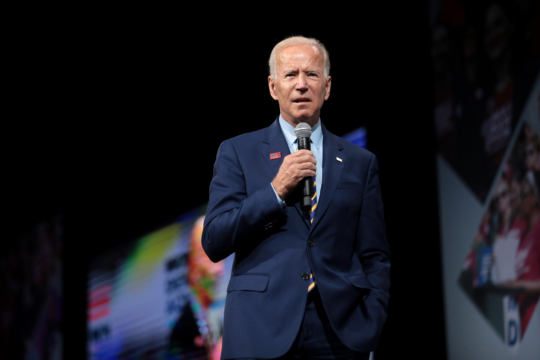
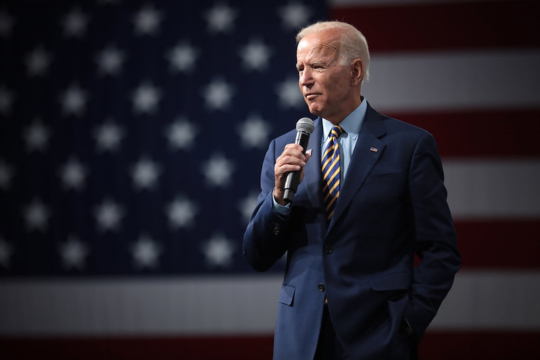
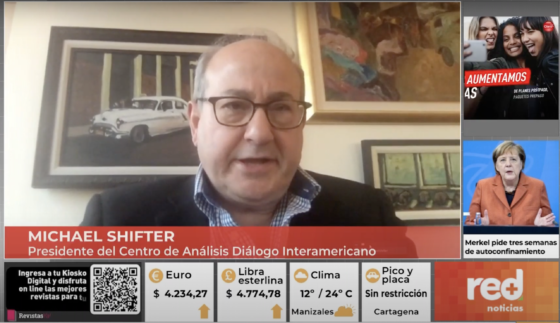 Video
Video